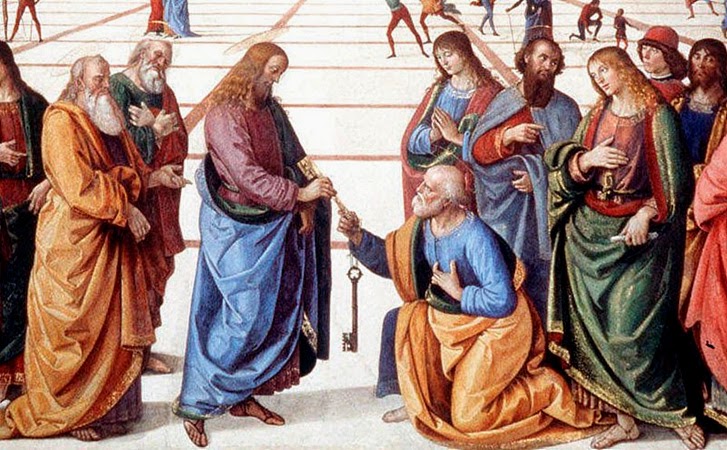Fr. René J. Butler, M.S. Director, La Salette Shrine Enfield, NH Note from Fr.Butler: As you may have noticed, the homily I sent to Big C Catholics for this past weekend was the wrong one (from last year, actually). With due apologies, I now submit the homily I in fact preached on August 3. ( Click here for today’s readings ) Isaiah was surely an honest prophet, but he doesn’t seem to have grasped the economic principle of an honest profit. “You who have no money,” he says, “come, receive grain and eat; come, without paying and without cost, drink wine and milk!” Imagine if you owned a restaurant in town, and someone set up a local charity serving the same menu, or maybe even better, and offering it free of charge to one and all. At the very least, you would object that the charity was making a mess of the local economy. Jesus wasn’t helping the local economy either. Surely local farmers and vendors were counting on a banner day when they saw the huge crowds gathered in th...





